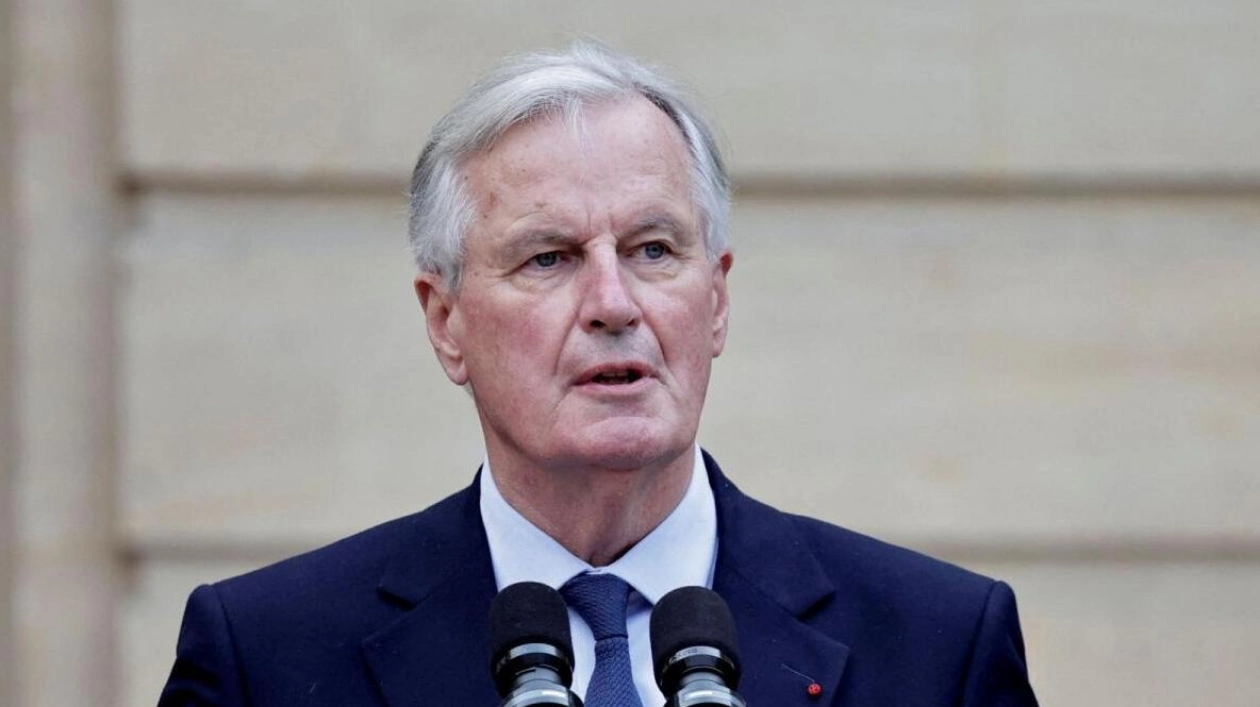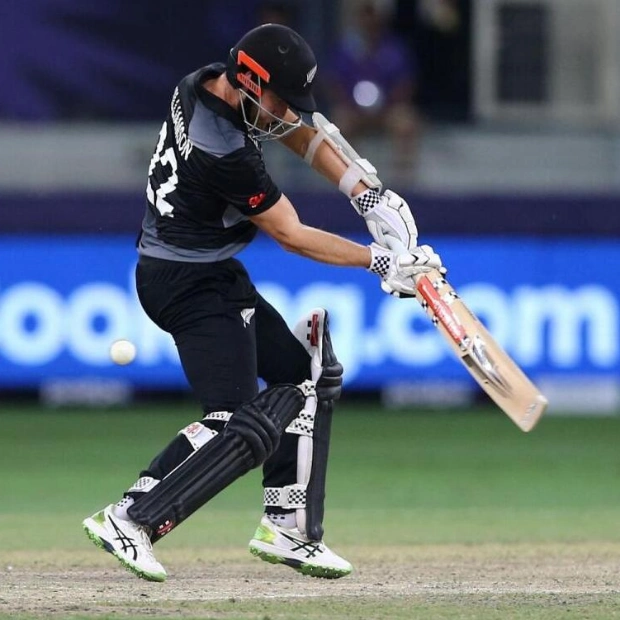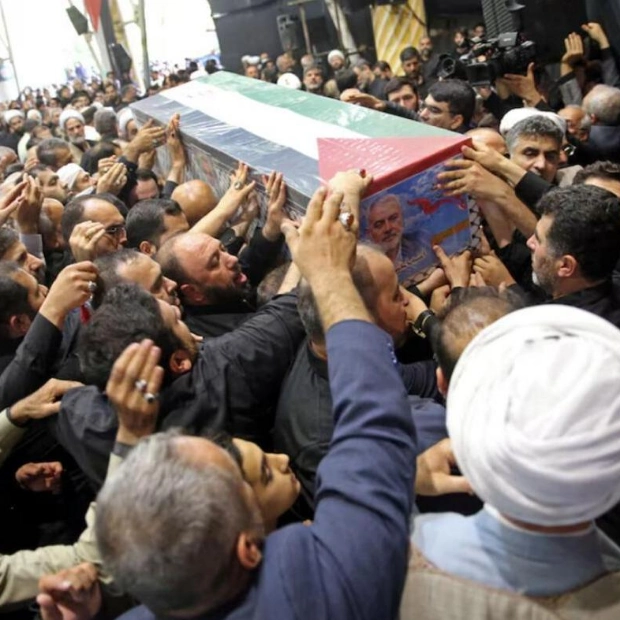French Prime Minister Michel Barnier's newly formed government faced immediate pressure on Sunday as threats of a no-confidence motion in parliament began to mount. After a prolonged wait following President Emmanuel Macron's call for a snap general election, a functioning government was finally established late Saturday, marking a significant shift to the right. Opposition politicians from the left have already announced their intention to challenge Barnier's government with a no-confidence motion, while far-right politicians have criticized its composition.
In the July election, the left-wing alliance known as the New Popular Front (NFP) secured the most parliamentary seats, but not enough for an overall majority. Meanwhile, Marine Le Pen's National Rally emerged as the single largest party in the Assembly. Macron had previously argued that the left lacked the support to form a stable government and rejected a National Rally candidate due to the party's extremist history. Instead, he appointed Barnier to lead a government primarily supported by Macron's allies, the conservative Republicans (LR), and centrists.
The distribution of the 39 cabinet posts was finalized just before Saturday's official announcement, with insiders reporting moments of intense tension between the president and his prime minister. Far-left leader Jean-Luc Melenchon described the new lineup as 'a government of the general election losers' and called for its immediate removal. Thousands of people took to the streets of Paris and other French cities on Saturday in a left-wing protest, denouncing what they saw as a denial of the July election results.
Socialist Party chairman Oliver Faure dismissed Barnier's cabinet as 'a reactionary government that gives democracy the finger.' Macron had hoped for a neutral stance from the far right, but National Rally leader Jordan Bardella quickly condemned the new government's composition, stating it had 'no future whatsoever.' While Macron's party Renaissance had to give up some key positions, it still secured most of the minister jobs—12 out of 39.
Former French president Francois Hollande, a Socialist, described the cabinet as 'the same as before, but with an even stronger presence of the right,' and predicted it would impose 'painful measures on our fellow citizens.' He supported the idea of a no-confidence motion as 'a good solution.' For such a motion to pass, it would require an absolute majority in parliament, which currently seems unlikely given the far right and leftist bloc's mutual animosity.
Barnier's first major task will be to submit a 2025 budget plan addressing France's financial situation, which he has described as 'very serious.' France is currently under a formal procedure for violating European Union budgetary rules. The challenging task of presenting the budget plan to parliament next month falls to 33-year-old Antoine Armand, the new finance minister, who has hinted at 'exceptional and targeted' tax increases and cuts in public spending.
Other key cabinet posts include Foreign Minister Jean-Noel Barrot and Interior Minister Bruno Retailleau, whose right-wing credentials have caused unease even within Macron's camp. Defence Minister Sebastien Lecornu, a close Macron ally, has retained his position. The only left-of-centre politician in the cabinet is Didier Migaud, a little-known former Socialist named justice minister. Barnier is scheduled to address parliament with a key policy speech on October 1 and will make a TV appearance later on Sunday.






